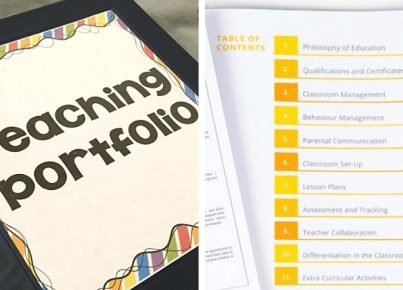Introduction
Effective questioning techniques are an essential aspect of any professional’s skill set. They play a vital role in fostering understanding, promoting critical thinking, and enhancing problem-solving abilities. This article explores the importance of delivering professional development on questioning techniques and offers valuable tips for those seeking to improve their arsenal of inquiry skills.
Why Focus on Questioning Techniques?
Professionals across various industries need to be able to ask insightful and challenging questions to gather essential information, make informed decisions, and facilitate learning. Now more than ever, it’s crucial to use questioning techniques strategically to foster meaningful conversations and build productive relationships.
Benefits of Effective Questioning Techniques
1. Enhanced Communication and Collaboration: Well-crafted questions help in creating an open line of communication between team members or clients. They also help in fostering a collaborative environment that encourages active participation from all parties involved.
2. Improved Decision-Making: Quality questioning promotes the collection of essential information which helps make data-driven decisions.
3. Problem Solving: Identifying the root cause of a problem can be much more manageable with targeted questioning that zeroes in on pertinent details.
4. Enhanced Learning and Creativity: Asking the right questions often leads individuals to explore new perspectives or solutions they may have otherwise overlooked.
Delivering Professional Development on Questioning Techniques
1. Organize Workshops: Design workshops focused on different types of questioning techniques, such as open-ended questions, probing questions, reflective questions, and hypothetical questions. Include interactive activities for participants to practice using these techniques effectively.
2. Create a Curated Resource Library: Develop a compilation of resources that delve into relevant theories behind effective questioning methodologies. Offer access to articles, books, videos, podcasts, and case studies that promote deeper understanding and continuous learning.
3. Provide Coaching Sessions: Offer one-on-one coaching sessions tailored toward each participant’s needs and goals related to questioning techniques. These sessions should provide actionable feedback to facilitate improvement and track progress regularly.
4. Utilize Role-Playing: Develop role-playing scenarios relevant to participants’ industries to simulate real-life situations, allowing them the opportunity to practice their questioning techniques in a safe environment.
5. Emphasize Ongoing Reflection: Encourage individuals to reflect on their questioning approaches continually, analyze what’s working or not working, and make necessary adjustments.
6. Set SMART Goals: Help professionals develop specific, measurable, achievable, relevant, and time-bound goals that will guide their improvement in questioning techniques.
Conclusion
Regardless of one’s profession, the art of asking questions has great power – it can lead to higher engagement, better problem-solving capabilities, and more effective decision-making. Focusing on delivering professional development on questioning techniques is an investment that can pay off significantly for individuals and organizations alike. By incorporating thoughtful workshops, coaching sessions, curated resources, role-playing activities, reflection practices, and strategic goal-setting; professionals can elevate their questioning skills to enhance their success in today’s ever-evolving professional landscape.



